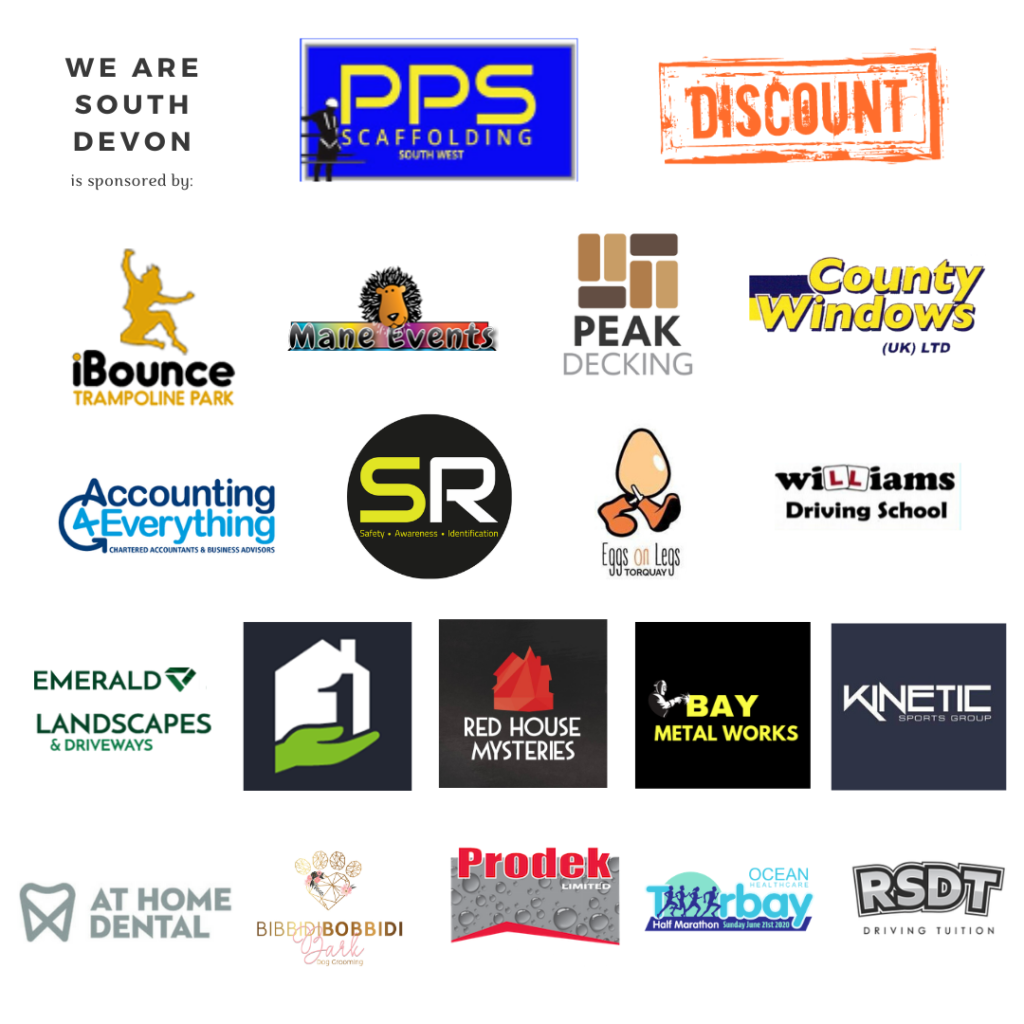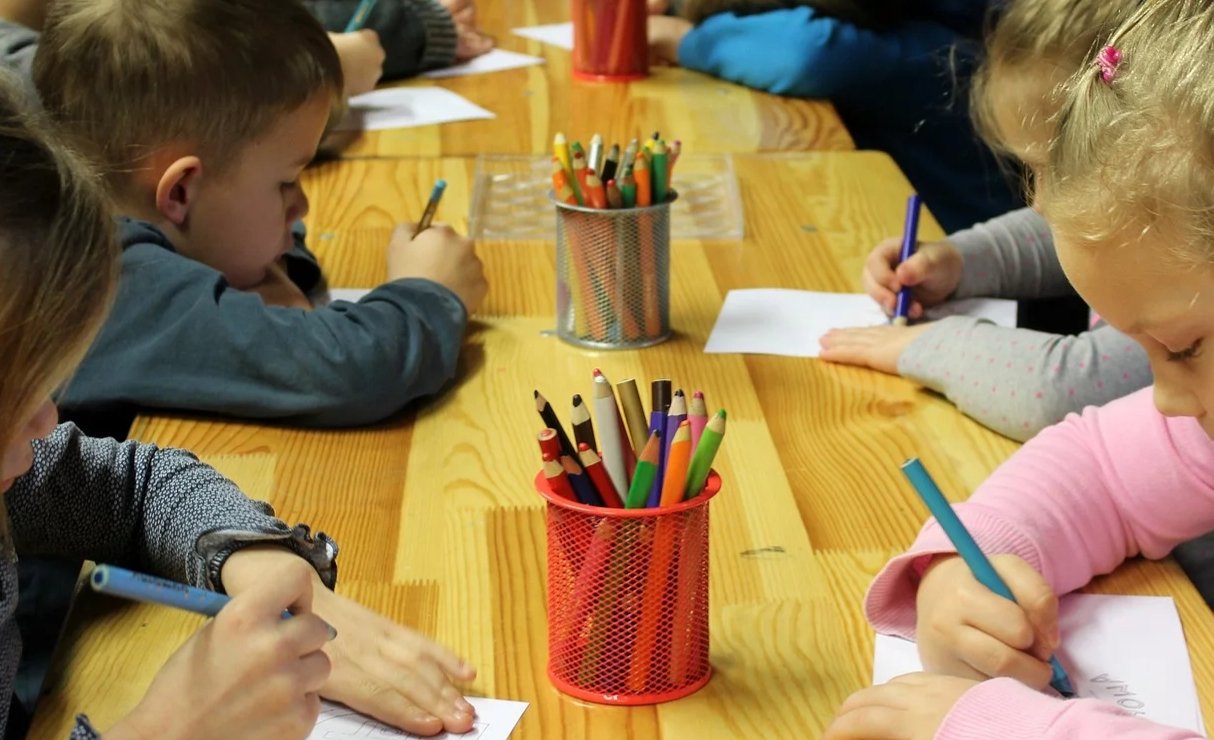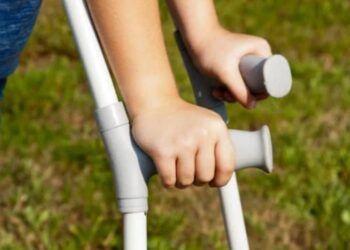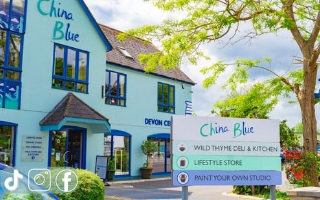The official list of ‘key workers’ has been released by the Department for Education.
The list includes all the workers whose children will be able to access schooling during the closures around the country due to Covid-19.
The government has asked parents to keep their children at home, wherever possible, and asked schools to remain open only for those children who absolutely need to attend.
Health and social care This includes frontline health and social care staff such as doctors, nurses, paramedics and midwives along with staff in the health and social care sector. Also those working in supply chains including producers and distributors of medicines and personal protective equipment.
Education and childcare Teaching staff, nursery workers and social workers.
Key public services Journalists providing public service broadcasting. Those required to run the justice system, those responsible for managing the deceased.
Local and national government This only includes those administrative occupations essential to the effective delivery of the COVID-19 response or delivering essential public services.
Food and other necessary goods Workers involved in the production, processing, sale and delivery of food.
Public safety and national security Police, support staff, Ministry of Defence civilian staff and armed forces personnel, fire and rescue staff, prisons and probation staff.
Transport workers in air, water, road and rail passenger and freight transport modes that will be operating during the Covid-19 response.
Utilities, communication and financial services Workers who are required to keep oil, gas, electricity and water operations running. Those in postal services and those working to provide essential financial services. Waste disposal sector. Telecommunications (network operations, field engineering, call centre staff, IT and data infrastructure, 999 and 111 critical services)
Vulnerable children include children who are supported by social workers, those with safeguarding and welfare needs, including child in need plans, on child protection plans, ‘looked after’ children, young carers, disabled children and those with education, health and care plans will also be able to access schooling.
For full information and contact advice, click here.

You can join us on our social media pages, follow us on Facebook or Twitter and keep up to date with whats going on in South Devon.
Got a news story, blog or press release that you’d like to share or want to advertise with us? Contact us


























